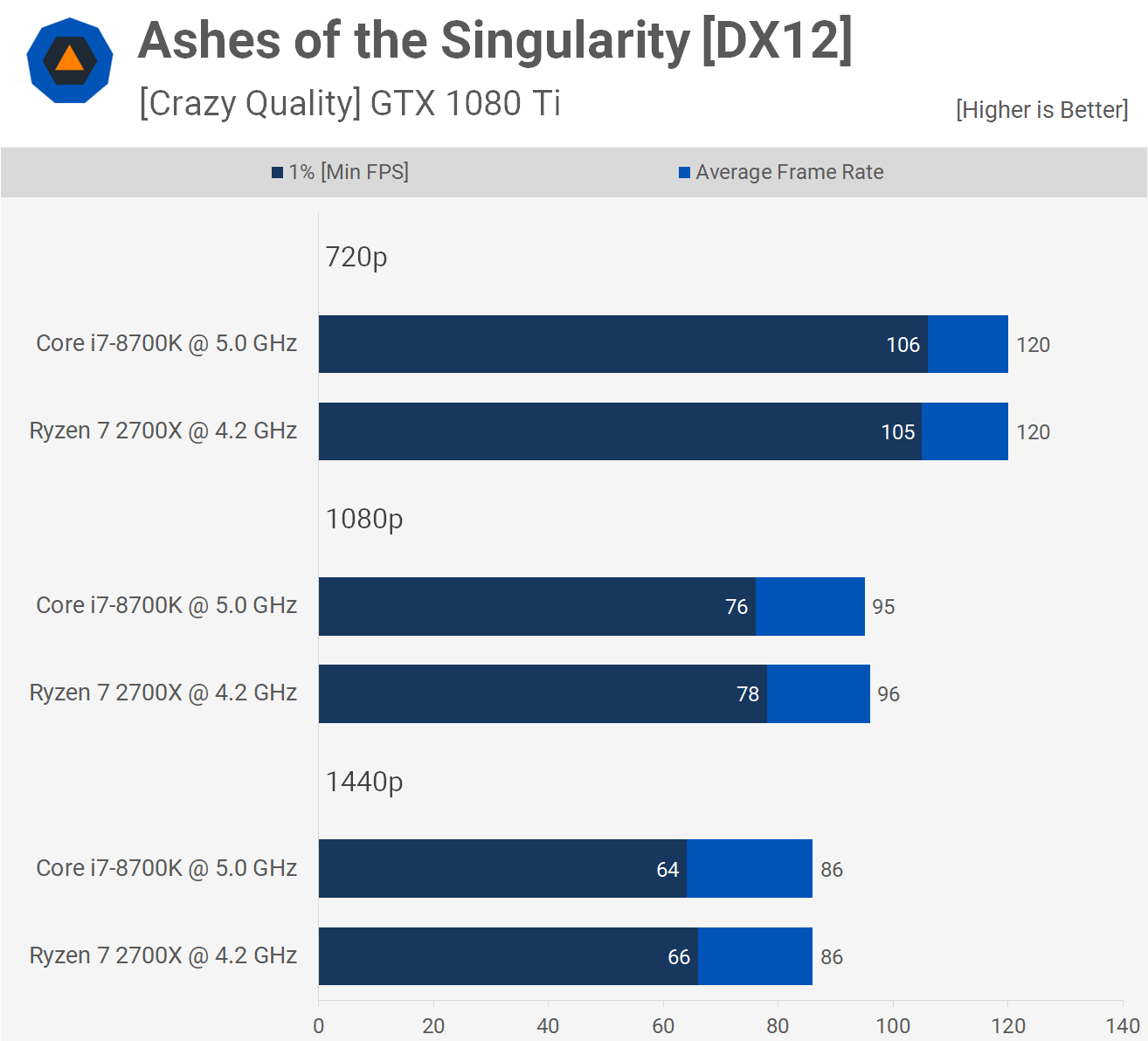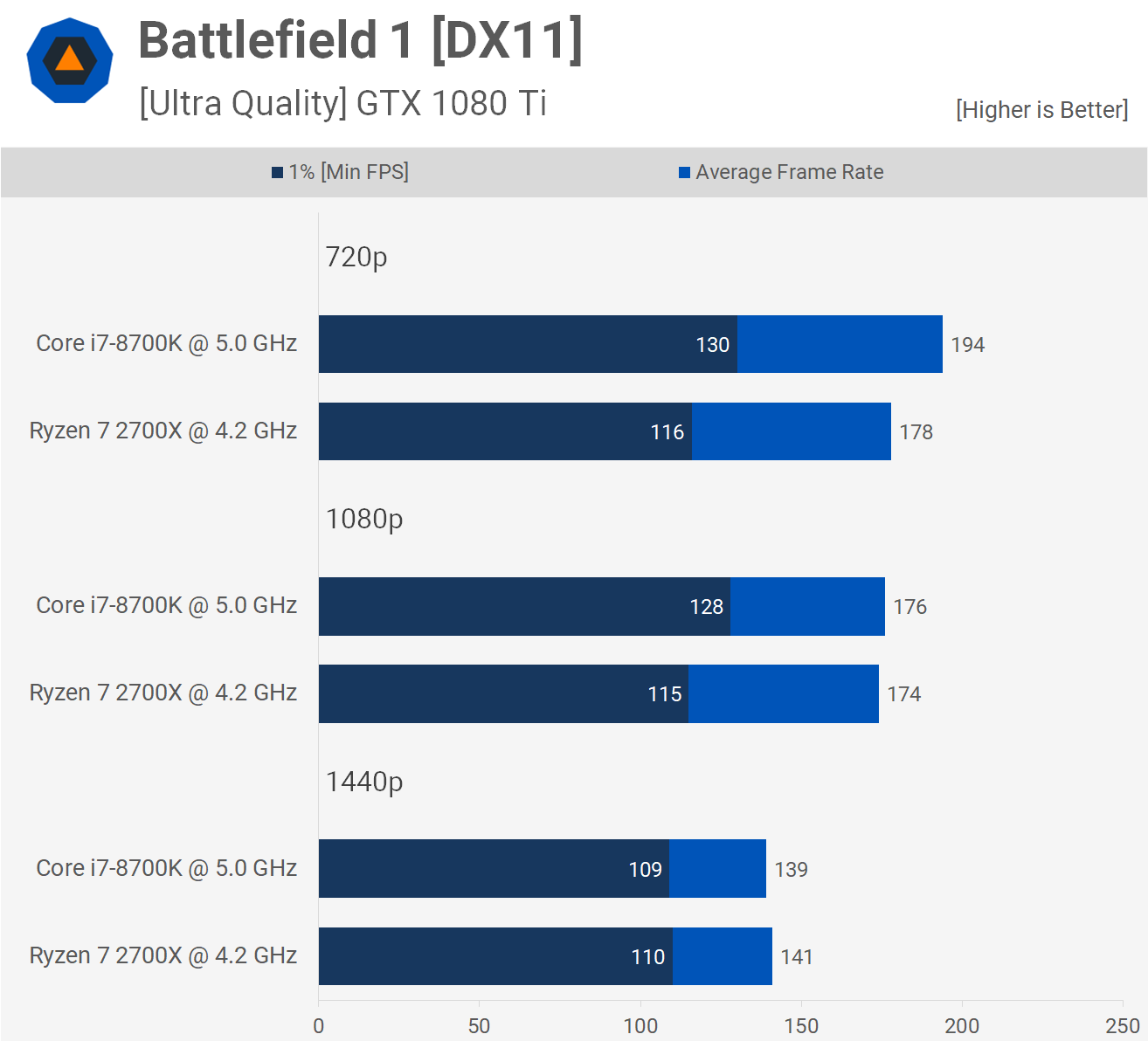Today we're eventually bringing you the epic gaming conflict between the Ryzen 7 2700X and i7 -8700K that so many had been inquiring for. From AMD, the Ryzen 2700X packs 8 cores and 16 threads clocked among 3.7 and four.three GHz, depending on the workload. From Intel, the Core-8700K offers less cores for a 6 center/12 thread configuration, however what this chip lacks in cores it makes up for in clock velocity, running at among 3.7 GHz and four.7 GHz.

Both CPUs are unlocked, which means they can be overclocked and we suspect many of you interested by both of those may be overclocking, so that’s what we’ve executed as well. However, it’s really worth noting that the 2700X is essentially maxed out and as a end result overclocking all cores to four.2 GHz most effective boosted gaming overall performance via up to 5%, so it’s actually now not worth it. With that stated, in our assessments we’ve squeezed most overall performance from each CPUs, so it's all fair sport.
Read More :- ViewSonic VP3268-4K 32" Monitor Review
- Gigabyte Aero 15X v8 Review
- 4th-Gen Core i7 vs. 8th-Gen Core i7
For trying out the i7 -8700K, we put together a rig offering the Gigabyte Z370 Aorus Gaming 7 with 16GB of DDR4-3400 Samsung B-die reminiscence the use of The Stilts timings. The CPU has been overclocked to 5 GHz and cooling it at that frequency is the Corsair Hydro Series H100i v2 inside the Corsair Crystal 570X.

Then for the Ryzen 7 2700X rig we have the Asus ROG Crosshair VII Hero with 16GB of DDR4-3400 Samsung B-die memory, once more using The Stilts timings. The 2700X has been overclocked to four.2 GHz and this time we’re the use of the Corsair Hydro H150i Pro inside the Corsair Crystal 570X.

In overall we've got 35 games on the menu and each sport has been examined at 720p, 1080p and 1440p using the GeForce GTX 1080 Ti.
Gaming Benchmarks
ARMA three, Ashes of the Singularity, Assassin’s Creed, Rainbow Six Siege, Battlefield 1

First up we have ARMA 3 and right here the 8700K became 13% faster at 720p and 1080p whilst comparing the average body price. Once we reached 1440p though the GTX 1080 Ti starts to turn out to be the performance limiting element and as a result the margin shrinks to simply 8% in choose of the 8700K.

For benchmarking Ashes of the Singularity the Crazy great settings had been used and this imposes a extreme GPU bottleneck, even at 720p. That being the case each CPUs were able to maximise the GTX 1080 Ti at all three tested resolutions.

Ridding around the city of Alexandria in Assassin’s Creed Origins saw the Core-8700K supply up to 7% more performance at 720p however oddly 10% extra at 1080p after which 11% at 1440p. It’s extraordinarily rare to see the performance margin develop as we increase the decision, but then ACO is a extraordinary animal at times.

Next up we've got Rainbow Six Siege and right here the 8700K become 12% faster at 720p for the 1% low end result and 9% faster for the average body charge. The margin erodes away almost extensively at 1080p, here the Core i7 processor changed into simply 5% quicker. Then at 1440p we see equal performance with both CPUs enabling severe overall performance.

Testing with Battlefield 1 we discover a pretty even combat, even though at times it’s advantage Intel. At the low 720p decision the 8700K became as much as 12% faster because the 2700X appears to cap out at 116 fps for the 1% low result.
Moving to 1080p we find comparable margins for the body time performance, here Intel changed into 11% faster. That stated it become interesting to look the 2700X near up at the 8700K for the common frame fee, typically its the average body fee in which Intel pulls away.
Then eventually at 1440p we’re basically GPU bound, even with the GTX 1080 Ti and here the 8700K and 2700X supply an equal enjoy.
0 Response to "Ryzen 7 2700X vs. Core i7-8700K: 35 Game Benchmark"
Post a Comment